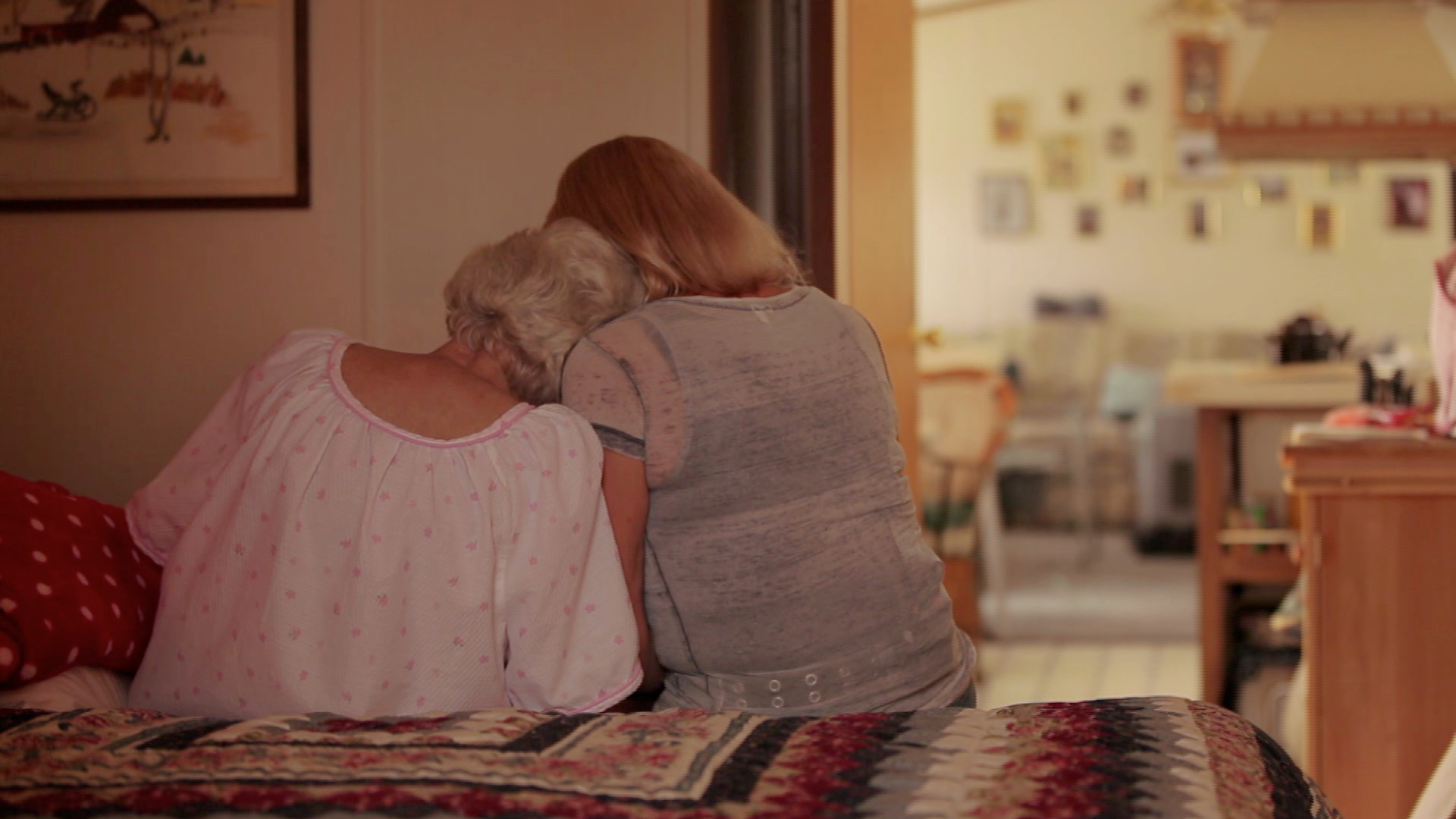Will Massachusetts Legalize Assisted Suicide?

November 1, 2012
Share
Massachusetts could become the third state to legalize physician-assisted suicide, if voters approve a ballot initiative on Nov. 6.
The initiative, which is similar to laws that took effect in Oregon in 1997 and Washington in 2009, would allow a physician to prescribe medication to a terminally ill adult, upon the patient’s request, that will end that person’s life. (The full text of the bill is here.)
Question 2, named for the order in which it will appear on the ballot, requires that a doctor diagnose the patient with an “incurable, irreversible disease that will, within reasonable medical judgment, cause death within six months.” The patient must make the request twice, at least 15 days apart, and be judged mentally competent to do so.
Supporters of the measure say that people who have been diagnosed with a terminal illness are already dying, and that this law would allow them to determine the conditions under which they do so.
“A very limited number of people have the right to choose for themselves how much suffering they must endure at the end of their life,” said Steve Crawford, the communications director for the group Yes 2 Dignity. “It’s not a choice for everybody, but we believe everybody should have the right to make that choice.”
Those opposed to Question 2 argue that such a law could too easily be abused. Heirs or caregivers could pressure people into requesting and taking the medication, they say, or doctors could allow people with depression to take their lives when they might benefit instead from psychological care.
“We don’t want mistakes to cost people’s lives, which is why when we come to the question of life and death we have to be extremely careful,” said John Kelly, the director of Second Thoughts, a group of people with disabilities that opposes Question 2.
Kelly said the state instead should focus on providing better home-care support and improving palliative care, which manages chronic conditions.
The Massachusetts initiative looks to have significant support: An Oct. 11 survey from Public Policy Polling found that 56 percent (pdf) said that they would vote yes on question 2 were the election held today, an increase from a similar poll done in March, in which 43 percent (pdf) said they would support a proposal to legalize assisted suicide, while 37 percent said they would oppose it. But newer polling suggests a slimmer margin: An Oct. 30 poll by Suffolk University and WHDH-TV found 47 percent in support, and 41 percent opposed.
There have been a few unsuccessful attempts to bring the question before voters in the past. A 1992 initiative in California that would have legalized “aid in dying,” and euthanasia was defeated, as was a 1998 assisted suicide proposal in Michigan. A Maine proposal, modeled on the Oregon bill, also failed in 2000.
At the moment, 41 states have laws that prohibit people from helping others take their own lives. A 2011 national Gallup poll found that 48 percent of Americans found “assisted suicide” to be “morally wrong,” while only 45 percent found it morally acceptable.
For people looking to end their lives in states that ban the practice, assisted death still happens underground. FRONTLINE explores this shadow world, as well as the difficult legal questions surrounding the issue in The Suicide Plan, which airs Nov. 13.
Watch the preview above.

Related Documentaries
Latest Documentaries
Related Stories
Related Stories
Explore
Policies
Teacher Center
Funding for FRONTLINE is provided through the support of PBS viewers and by the Corporation for Public Broadcasting, with major support from Ford Foundation. Additional funding is provided the Abrams Foundation, Park Foundation, John D. and Catherine T. MacArthur Foundation, Heising-Simons Foundation, and the FRONTLINE Trust, with major support from Jon and Jo Ann Hagler on behalf of the Jon L. Hagler Foundation, and additional support from Koo and Patricia Yuen. FRONTLINE is a registered trademark of WGBH Educational Foundation. Web Site Copyright ©1995-2025 WGBH Educational Foundation. PBS is a 501(c)(3) not-for-profit organization.





















